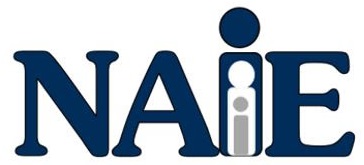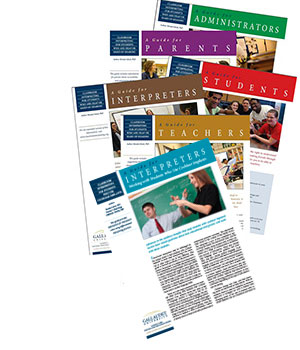
5200 S 75th Street
Lincoln, Nebraska 68516
402-436-1897 (phone)
402-436-1864 (fax)
Nebraska Department of Education (NDE) outlines in Rule 51 that in order to be a qualified educational sign language interpreter in Nebraska, an individual must meet the following requirements:
Have a high school diploma, high school equivalency diploma or higher
Receive a passing score on the EIPA written exam
Attain and maintain one or more of the following competency levels
o Educational Interpreter Performance Assessment (EIPA) Competency Level 4.0 or above
o Registry of Interpreters of the Deaf Certification (RID)
o National Association of the Deaf (NAD) Competency level 4.0 or above
o National Interpreter Certification (NIC)
o Quality Assurance Screening Test (QAST) Competency Level 4.0
Interpreters must obtain 24 clock hours of professional development every two years (August 1-July 31). At least 18 hours need to be in the area of sign language interpreting. The remaining 6 hours can be in any of the following areas: history, psychology and sociology of the Deaf and hard of hearing, child development, language development, curriculum development, methods of instruction, interpreting for students who are Deaf-Blind, legal and ethical issues for educational interpreters.
Interpreters must obtain 40 clock hours of training in the area of sign language interpreting per year (August 1-July 31).

The National Association of Interpreters in Education (NAIE) is an organization of interpreters who provide services to support the communication needs of Deaf and hard of hearing students in educational settings. The organization pursues professional excellence by identifying and supporting best practices within the field through continuing education, networking, resources, and other professional opportunities.

This site is designed to help educational teams in K – 12 settings support deaf and hard of hearing students who use educational interpreters to access education and social interaction.

These publications have been developed for school administrators, educators, educational interpreters, students, and parents to support language access for deaf and hard of hearing children in general education settings.

5200 S 75th Street
Lincoln, Nebraska 68516
402-436-1897 (phone)
402-436-1864 (fax)